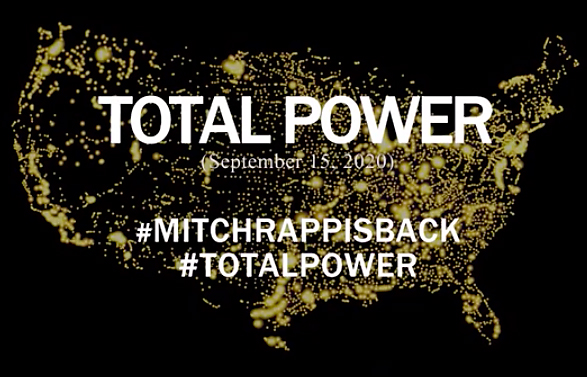Years ago I wrote Darkness Falls, a novel about a group of terrorists planning an attack on the world’s energy sector. Their plot ends up being foiled, but I’ve never stopped wondering what would have happened if they’d managed to pull it off. Without power, how would I heat my house in the dead of the Wyoming winter? How would food be produced and transported to my local grocery store? How would water be pumped conveniently to my house for drinking and sanitation?

Fast-forward almost fifteen years to Total Power and I’ve finally gotten a chance to explore those topics—as well as finding another curveball to throw at Mitch. He’s a man accustomed to winning, but what if he found himself in a situation where winning wasn’t possible? What if, instead of preventing terrorists from taking down America’s electrical grid, he had to deal with the aftermath of a successful attack? How would he handle having to literally operate in the dark, without the technology and support he’s come to rely on? But mostly, what impact would all this have on him? His country is collapsing and it’s possible that neither he—nor anyone else—can save it.
The most interesting thing about this book is that virtually everything in it is true. When I say a congressional report concluded that ninety percent of Americans would die if a blackout lasted a year, rest assured that report really exists. When I detail how little has been done to prepare for an assault on our grid, that’s based on actual assessments by the government, blackouts we’ve already suffered, and less devastating attacks we’ve absorbed in the past.
In the end, my investigation into this scenario was every bit as terrifying as the coronavirus research I did for Lethal Agent. Mitch Rapp continues his streak of providing me with a lot of sleepless nights…
The lights are going out in Total Power on September 15, 2020. Here’s the plot…